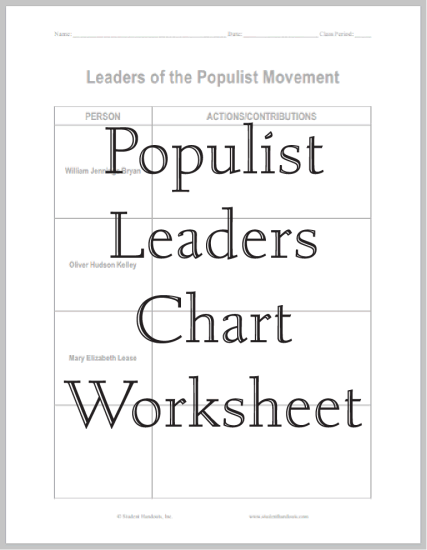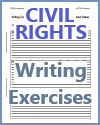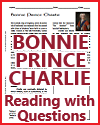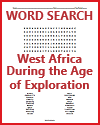Leaders of the Populist Movement |
|---|
| www.studenthandouts.com > U.S. History > Discontent and Reform > Worksheets |
 |  |
|---|
Students are asked to describe key leaders in the Populist movement: William Jennings Bryan, Oliver Hudson Kelley, and Mary Elizabeth Lease. An extra row is provided to accommodate a local leader.
Click here to print. Answers will vary. William Jennings Bryan, Oliver Hudson Kelley, and Mary Elizabeth Lease were key figures in the Populist movement, which emerged in the late 19th century in the United States. William Jennings Bryan: Bryan, a prominent politician and orator, is often associated with the Populist movement due to his advocacy for populist and progressive policies. He was a three-time Democratic presidential candidate and a member of the Populist Party during the 1896 presidential election. Bryan famously delivered the "Cross of Gold" speech at the 1896 Democratic National Convention, where he argued for bimetallism (using both gold and silver as currency) and the interests of farmers and workers against the gold standard. This speech reflected many of the Populist movement's concerns about economic inequality and financial reform. Although he lost the presidential elections, Bryan's influence on the Populist movement and the broader progressive agenda was significant. Oliver Hudson Kelley: Oliver Hudson Kelley was a founder of the Grange, or the Patrons of Husbandry, an organization that played a crucial role in the early stages of the Populist movement. The Grange was established as a farmers' organization aimed at promoting the social and economic needs of rural communities, including farmers. Kelley's work with the Grange helped lay the foundation for the Populist movement by addressing issues related to agricultural and rural reform. Mary Elizabeth Lease: Mary Elizabeth Lease was a prominent Populist and advocate for farmers' rights and women's suffrage. She was known for her passionate speeches and her role in rallying farmers to support the Populist cause. Lease is often credited with coining the popular phrase "Raise less corn and more hell," which encapsulated the message of rural protest and defiance in the face of economic hardships. She played a significant role in mobilizing support for the Populist Party in the late 19th century. These individuals, along with many others, contributed to the rise of the Populist movement, which focused on addressing the concerns of farmers and workers, advocating for monetary reform, and challenging the dominance of corporate interests and big banks. While the Populist Party did not achieve long-term electoral success, it had a lasting impact on American politics and contributed to the development of progressive and populist policies in the early 20th century. |
|---|
| www.studenthandouts.com > U.S. History > Discontent and Reform > Worksheets |









